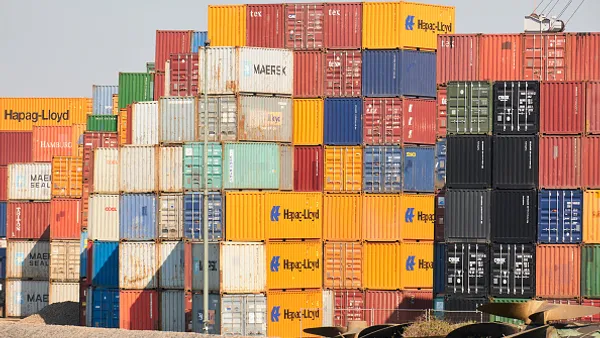The accounting talent shortage is a systemic problem that is undermining the quality of audits and likely to lead to more reports that fail to flag material risks going forward, according to Jack Castonguay, an accounting professor at Hofstra University in New York.
The SVB Financial Group’s failure this month came just two weeks after its auditor KPMG effectively blessed the company’s finances without flagging any serious risks that the company might not be able to continue as a going concern. Separately, the collapse of crypto exchange FTX last fall revealed that its auditors doubled as crypto industry cheerleaders, according to a Wall Street Journal report.
More failures of companies challenged by serious risks that are not flagged by auditors are likely in the works, he said. With fewer students majoring in accounting and fewer getting the Certified Public Accounting licenses there are fewer people with core CPA competencies and backgrounds working on the audits, Castonguay said.
“There is increased risk in the industry that you’re going to see more issues because of the lack of pipeline, because of the lack of qualified people working,” Castonguay said in an interview.
To be sure, rejuvenating the accounting pipeline is a priority for many in the industry: the American Institute of Certified Public Accountants and Big Four firms, including KPMG, have undertaken a myriad of programs to draw more talent and convince potential workers of the accounting track’s advantages.
Despite those initiatives, the total number of U.S. students completing a Bachelor’s degree in accounting fell about 8% in the 2019-2020 school year compared with the 2011-2012 period, shrinking to 52,481 graduates from 57,482, CFO Dive previously reported.
Castonguay said it’s not possible to know whether the spate of failed companies, some with audits that failed to call attention to consequential risks, stem from the projects not being properly staffed. Major Big Four firms typically have a large cadre of talent to draw from to put on assignments, he said.
However, he likened the rise in failing companies that appear to have caught investors off-guard to the rise of unusual weather and storms that broadly provide evidence of climate change even if it’s not possible to ascribe their cause on an individual basis.
“We can’t say climate change is driving any individual hurricane or flood but when you look at it from a broad standpoint you could say it probably is caused by a fundamental shift. I would kind of look at the accounting pipeline the same way,” he said.
In December the Public Company Accounting Oversight Board Chair Erica Y. Williams said higher audit deficiency rates in 2021 were a warning signal that the audit profession needs to sharpen its focus on improving audit quality and protecting investors, CFO Dive previously reported.
Omar Roubi, an instructor of accounting at the University of Colorado Denver Business School told CFO Dive at the time that the accounting talent shortage has led to firms being understaffed and overworked, which can lead to lower quality audits.














